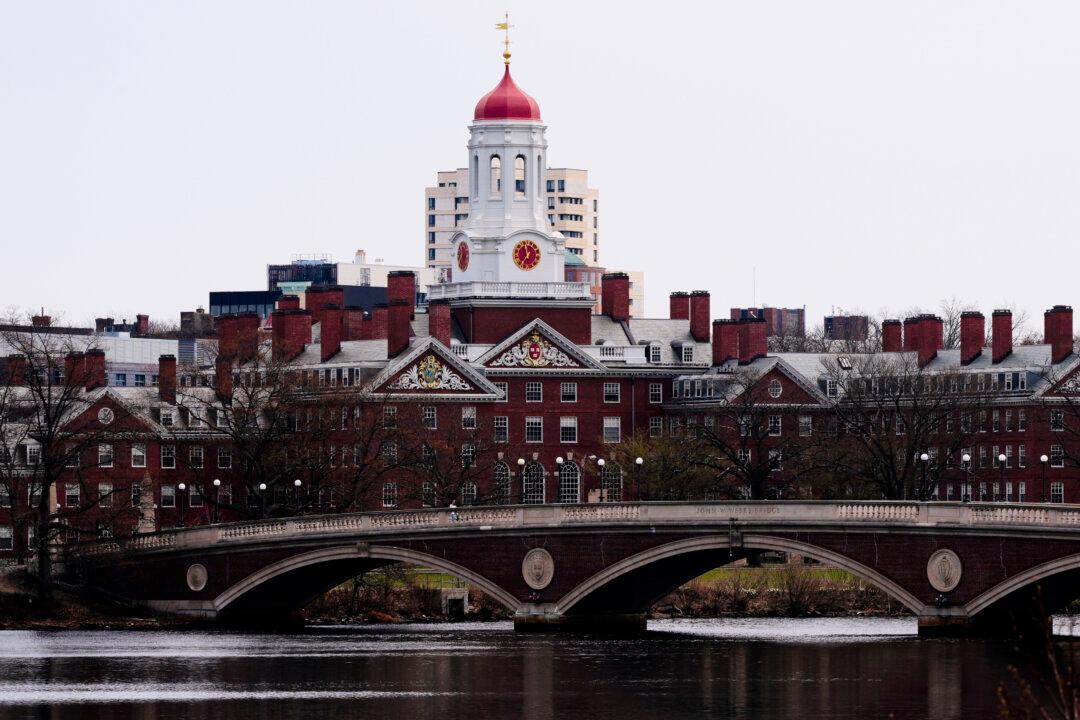House Republicans are proposing a sharp increase to the excise tax on investment income earned by the nation’s wealthiest colleges and universities.
On Monday, the Republican-led House Ways and Means Committee released the full text of the long-awaited tax and spending bill. The legislation would, among many other things, raise the tax on private institutions’ endowment income from the current 1.4 percent to as high as 21 percent, aligning it with the corporate tax rate.





